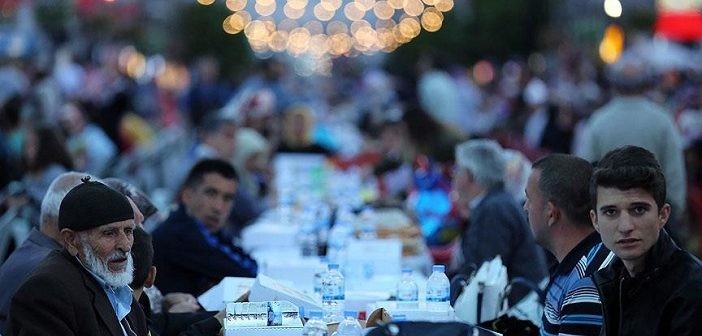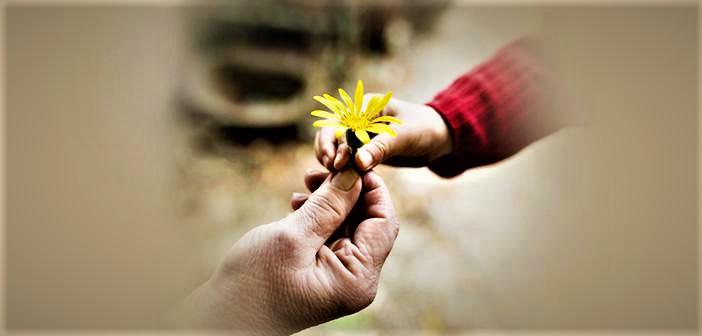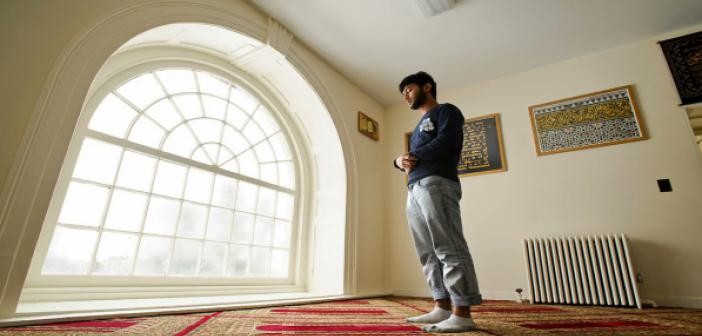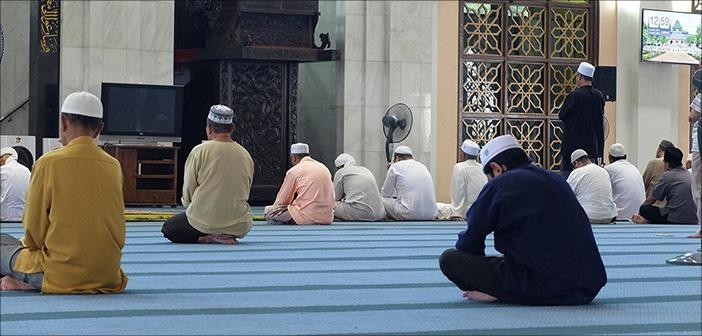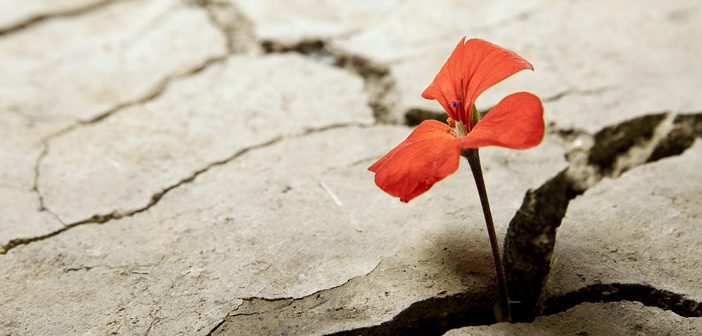
Those With Light Burdens Are Saved
Salman al-Farisi (may Allah be pleased with him) was a noble companion of the Prophet (peace be upon him), described by him as "righteous" and renowned as the "Possessor of the Two Scriptures" (Sahib al-Kitabayn) for his profound knowledge of the Qur’an and the previous divine books. His life story exemplifies a legendary quest for truth, devotion to Islam and the Messenger of Allah (peace be upon him), and selfless sacrifice. The examples of his perspective on worldly life and material possessions carry invaluable lessons for today’s humanity, poisoned by materialism.
Once, a visitor was astonished to find nothing in Salman’s home except a sword and a copy of the Qur’an. Salman explained that he was journeying to a difficult and perilous destination—the Hereafter—and thus had divested himself of worldly possessions. During his governorship of Medain, he would distribute his stipend to the poor, preferring to sustain himself through his own labor. When asked how he managed this, he replied:
“I buy palm leaves for one dirham, weave them into baskets, and sell them for three dirhams. One dirham is set aside to buy more leaves, another for my family’s needs, and the third is given as charity.”
As he neared death, Sa‘d ibn Abi Waqqas (may Allah be pleased with him) visited him and noticed his unease. Seeking to console him, Sa‘d said: “You seem troubled, yet the Prophet (peace be upon him) passed away pleased with you.”
Salman replied: “The Messenger of Allah (peace be upon him) advised us to ‘live in this world as strangers or wayfarers.’ I am reflecting on whether I have fulfilled this.”
Sa‘d looked around and saw nothing but a few plates in the room. Even in his final moments, this esteemed companion—who owned almost nothing—was anxious about being held accountable for the little he possessed. Another incident highlights his sensitivity:
During a flood in Medain, where he served as governor, people scrambled to save their lives and belongings. Salman gathered his few belongings into a small bag, climbed to higher ground, and proclaimed: “O people! Those with light burdens are saved!”
We are travelers racing from this world to the Hereafter, facing a steep ascent. To overcome it, we must shed our burdens. Yet, how heavily weighed down we are—physically, mentally, emotionally, and spiritually! We must ask: Do we own our possessions, or do they own us? Have means become ends? How will we answer for our wealth and property? How will our hearts be purified under such weight? How can we lighten our load?
Anything that distracts us from our true purpose is a burden—be it wealth, intentions, words, or relationships. Worldly engagement or ownership is not inherently evil; Allah has created adornments and pure provisions for us. The problem arises when we fail to transform burdens into provisions for the Hereafter. Wealth becomes a burden if we neglect its obligations: paying zakah and charity. Intentions require sincerity, words must speak goodness, and relationships must draw us closer to Allah. When achieved, burdens turn into eternal capital. This transformation, however, demands a heart enriched by faith.
A rich heart reflects a worldview rooted in recognizing one’s poverty before Allah and being sustained by His abundance. It is not about renouncing lawful pleasures but prioritizing wisely. Prioritization is valuing things according to their true worth, as the Qur’an states: “The enjoyment of this worldly life is brief, but the Hereafter is the best for those who are mindful of Allah” (4:77).
Valuing rightly is the heart’s art. Something’s worth mirrors its status in the heart, evident in one’s actions. Those focused on the Hereafter find ease like flowing water; those chasing the world struggle uphill: “Whoever prioritizes the Hereafter, Allah enriches their heart, eases their affairs, and grants them worldly blessings despite their disinterest. But whoever neglects the Hereafter for this world, Allah fills them with poverty, scatters their affairs, and they receive only their destined share” (Tirmidhi).
A rich heart embodies true freedom—liberation from all that shackles the soul. Such hearts earn Allah’s and people’s love. The Prophet (peace be upon him) said: “Be indifferent to the world, and Allah will love you. Be indifferent to what people possess, and people will love you” (Ibn Majah).
A rich heart travels light, unburdened by worldly gravity, drawn instead to divine attraction. It is a sanctuary: what enters is secure, and what is admitted is safe. Thus, the best supplication is for a rich heart. Like the insightful youth from Banu Tujib:
During a delegation in the 9th year of Hijrah, a young tribesman tasked with tending animals missed meeting the Prophet (peace be upon him). When summoned later, he declined material gifts, asking instead: “Pray that Allah forgives me, bestows His mercy, and enriches my heart.”
The Prophet (peace be upon him) joyfully prayed: “O Allah, forgive him, show him mercy, and enrich his heart.”
A year later, during the Farewell Pilgrimage, the Prophet inquired about him. His tribe reported: “We’ve never seen anyone so content with divine provision. Even if the world were divided, he wouldn’t glance at it.” Pleased, the Prophet prayed: “May he remain so until his death.”
Historians note that during the riddah wars, Banu Tujib alone remained steadfast, thanks to this youth’s resolve. His heart’s richness fortified his tribe. Allah grants the honor of supporting His religion only to those enriched by Him.
The most worthy pursuit in this life is a rich heart—lightening burdens and sustaining righteous effort. A rich heart needs none and is sought by none. It is free. Freedom is liberation from all servitude save to Allah. To worship Him alone is to need no other.
The Tujibi youth sought heart’s richness. In a world where supplications are answered, the challenge is knowing what to ask. Harder still is discerning what Allah wants us to ask. His longing signals divine intent. Each of us has desires, but Allah too desires something from us: to seek heart’s richness. It is the shortest path to shedding worldly weight. Lightening the load requires enriching the heart with istiğna—contentment that needs none but Allah. Such a heart travels light, and the light-hearted are saved.
Source: Mehmet Lutfi Arslan



